BA Single Honours Early Childhood Studies
Undergraduate
- Start date
- –
- Study mode
- –
- Course length
- –
- UCAS Code
- –
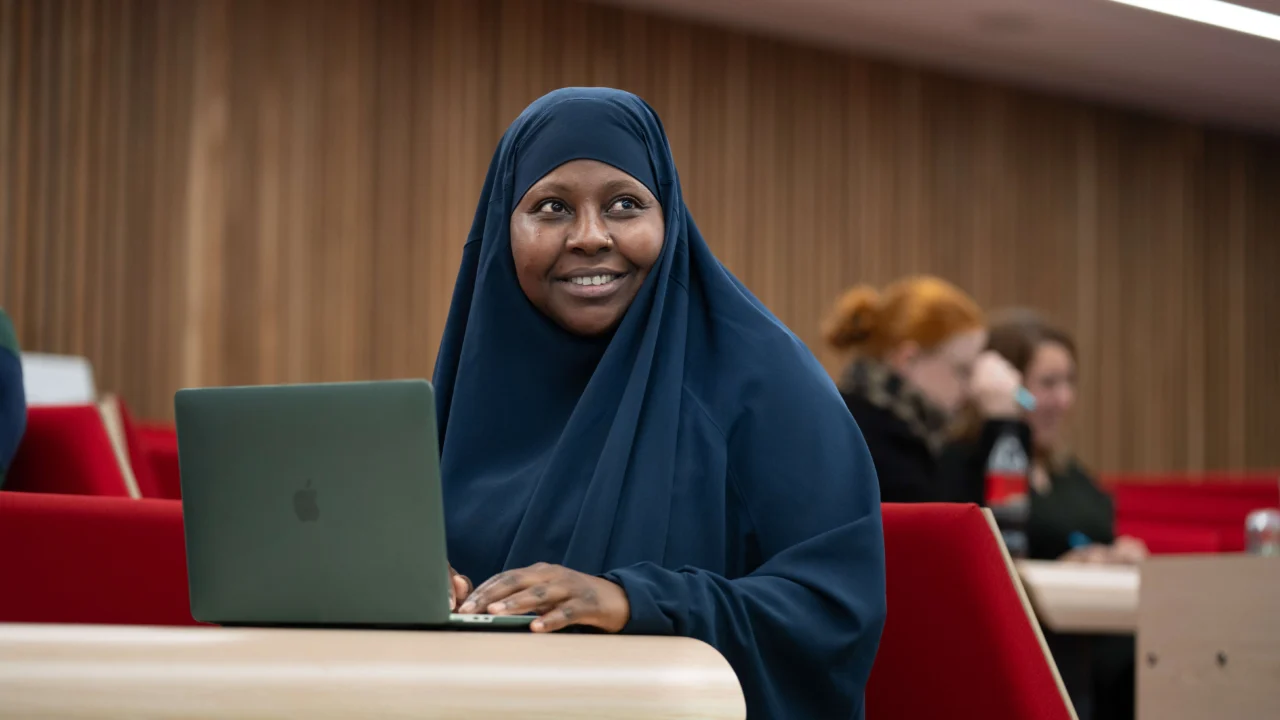
Interested in a different start date?
Discover how your learning supports inclusive practice and prepares you for professional life.
The BA (Hons) Early Childhood Studies at Birmingham Newman University offers a purposeful and inclusive route into working with young children and families. If you’re committed to helping children feel safe, valued and understood, this course gives you the knowledge, experience and mentoring to make that commitment a reality. You’ll explore how children grow and learn across the 0–8 age range, while developing confidence in observation, planning, inclusive approaches and reflective practice. From your first day, you’ll be part of a university community that champions care, integrity and personal growth.
Register for a consultation
Complete the form and receive contact from a member of our Academic Team
Why study this course
The BA (Hons) Early Childhood Studies at Birmingham Newman University is for those who want to work with young children and their families in a meaningful and informed way. Focusing on children from birth to eight years, the course explores how they grow, learn and develop, and how early years professionals can support them through inclusive, ethical and evidence-based practice. With a strong emphasis on social justice and high-quality provision, the course prepares you to understand the wider influences on children’s lives and how to respond effectively in practice.
Explore Childhood and Development
You will study a range of topics that reflect the realities of working in early childhood, including child development, play, safeguarding, early years pedagogy and inclusive practice. The course encourages you to think critically about how children’s experiences are shaped by family, culture, policy and society. Modules include subjects such as multi-agency working, equality and diversity and support for the unique child, allowing you to explore areas that align with your interests while developing the knowledge and confidence to work in diverse settings.
Supportive and Personalised Learning
At Birmingham Newman, you will be part of a supportive academic community that values your voice and encourages your development. Staff bring experience from early years education, health and social care, and are committed to helping you succeed. Whether you are new to higher education or returning to study, you will find a welcoming environment where you can build your skills, grow in confidence and prepare for a rewarding career in early childhood education and care.
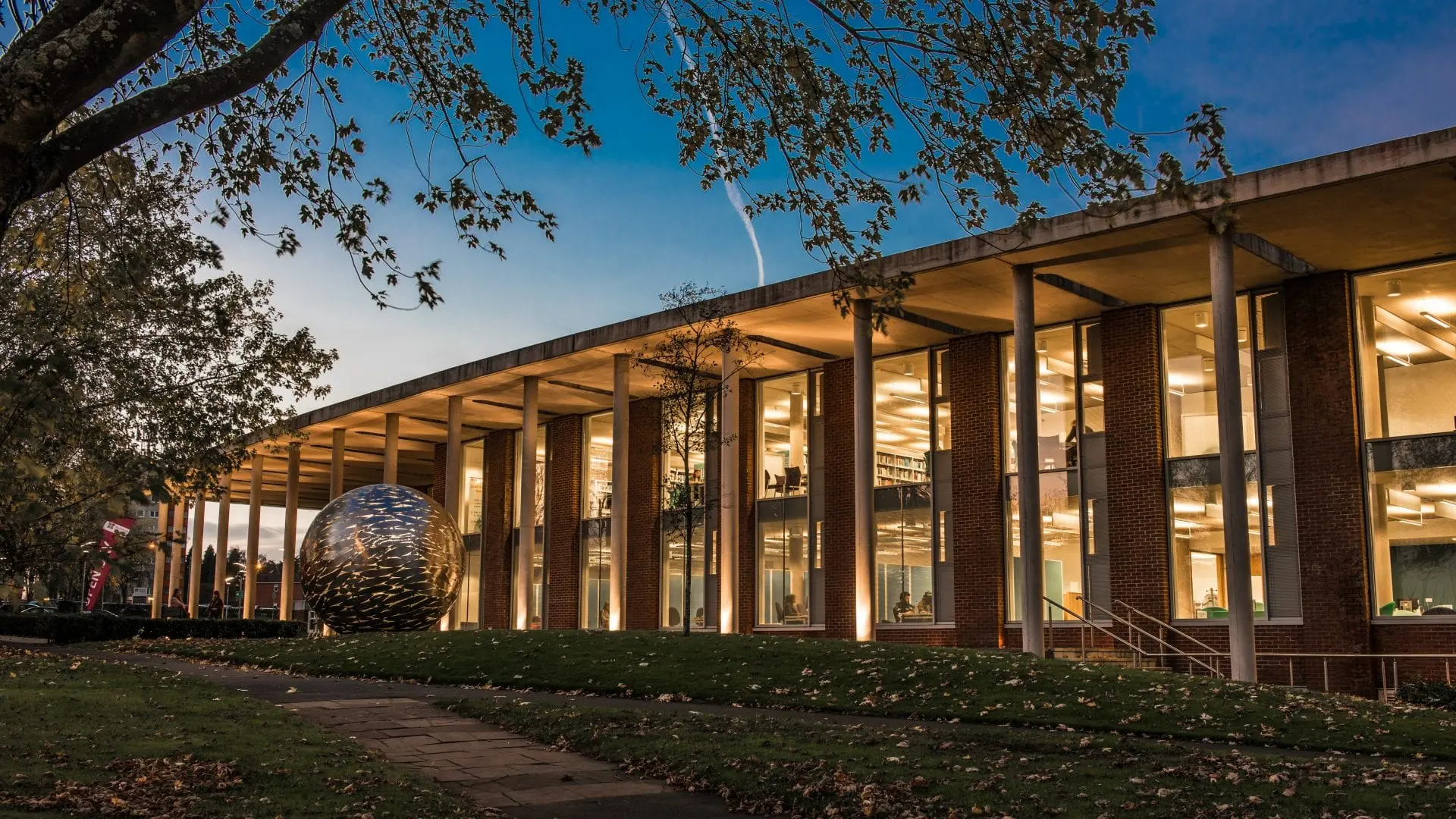
Got a question you’d like to ask?
Entry requirements
We welcome students from all backgrounds and accept a wide range of qualifications. If yours aren’t listed, don’t worry – our Admissions Team can help you explore your options. See full entry requirements.
• A-Level: Grade profile of CCC or 96 UCAS Tariff Points.
• BTEC: Grade profile of MMM. This can be achieved from either an Extended National Diploma or a combination of smaller BTEC qualifications.
• T-levels: A T-level with an overall Pass (A*-C) grade.
If English is not your first language, you must have the following IELTS score:
· Foundation courses: A Secure English Language Test equivalent to IELTS 5.5 IELTS with a minimum of 5.5 in each component.
· Undergraduate courses: A Secure English Language Test equivalent to IELTS 6.0 with a minimum of 5.5 in each component.
Other English language qualifications are also accepted. Please contact admissions for further information.
Please contact Admissions if you have any questions.
Course fees
The tuition fee for academic year 2026/27 is: £9,790. Tuition fees for courses starting April to May 2026, fall within the 2025/26 academic cycle.
Fees for the 2025/26 academic year can be found on our Student Finance pages.
Additional costs
The University will review tuition fees and increase fees in line with any inflationary uplift as determined by the UK Government, if permitted by law or government policy, in subsequent years of your course. It is anticipated that such increases would be linked to RPI (the Retail Price Index excluding mortgage interest payments).
Check out our blog/news/events
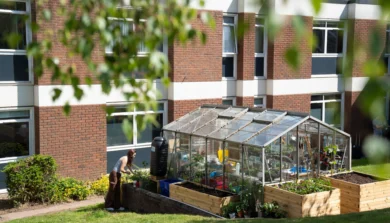
Birmingham Newman Celebrates Green Week 2026 with Campus‑Wide Events
Birmingham Newman will host its annual Green Week from 23 to 27 February 2026, bringing…
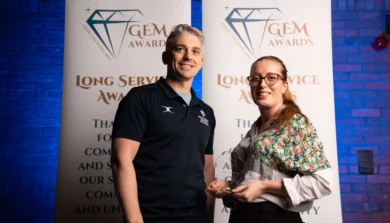
Research that makes a difference: Mark Holland wins Most Impactful Project Award
In December, we held our Staff Awards, where we recognised the outstanding achievements of colleagues…
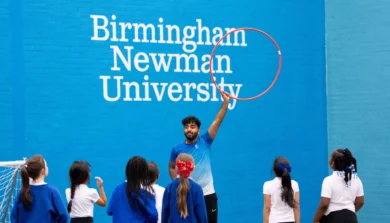
Sports Coaching students Deliver Coaching Sessions for Local Primary Pupils
Birmingham Newman University recently welcomed pupils from St Peter’s Primary School to campus as part…

Vice-Chancellor Professor Jackie Dunne awarded MBE in New Year Honours
Vice-Chancellor of Birmingham Newman University receives an MBE for services to Higher Education.

Birmingham Newman University Celebrates Staff Achievements at Annual Awards
Birmingham Newman University celebrates its staff at the Annual Staff Awards Celebration.

Book an open day
Find out about our next open day. Book now to secure your place.
Placement information
As part of your Early Childhood Studies degree, you’ll undertake a carefully structured placement in an early years setting, working directly with children aged 0–5. This practical experience is designed to complement your academic learning, helping you apply theory to practice while developing inclusive, child-centred approaches.
You’ll have the opportunity to work towards Early Years Educator (EYE) status, supported by experienced mentors and university tutors throughout. Placements are tailored to your interests and career aspirations, giving you the confidence, insight and professional grounding to make a meaningful impact in early years education.
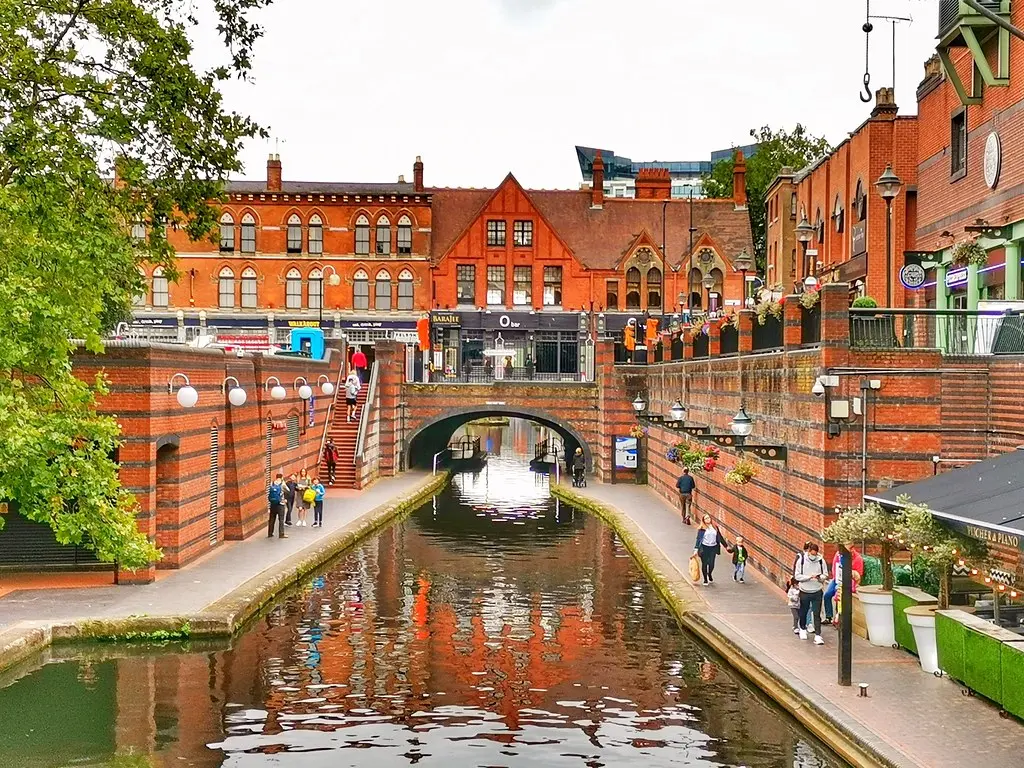
Where this course can take you.
You’ll graduate with a degree that holds ‘full and relevant status’ as recognised by the Department for Education, which supports progression into early years roles and counts towards staff: child ratios in settings across England. Whether you choose to work in nurseries, schools, children’s centres or community organisations, you’ll be equipped to make a meaningful impact on children’s lives. Many graduates go on to roles such as early years practitioner, inclusion worker or nursery manager, while others pursue further study through PGCE or School Direct routes. You’ll also remain part of a vibrant professional network that continues to support and inspire long after your degree ends.
Accreditations and exemptions
This is an academic degree with recognised professional value. The BA (Hons) Early Childhood Studies is registered with the Department for Education as having ‘full and relevant status’, which is particularly beneficial for graduates working in early years settings, as it contributes towards staff-to-child ratios. The course also includes the opportunity to gain Early Years Educator (EYE) status through a structured placement in the second year. Grounded in the values of inclusion, social justice and child-centred practice, the degree provides a strong foundation for postgraduate study and careers in early education, family support, social policy and related fields.
Courses we think you'll also like

BSc Single Honours Psychology and Childhood Studies (with Foundation Year)
- Start date:
- September 2026
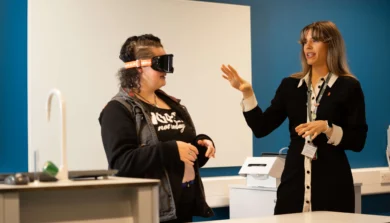
BSc Single Honours Psychology and Childhood Studies
- Start date:
- September 2026
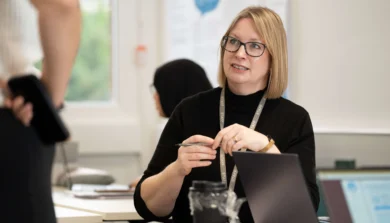
BSc Single Honours Psychology and Counselling Studies (with Foundation Year)
- Start date:
- September 2026
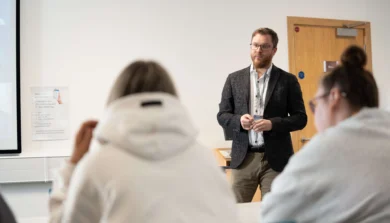
Studies in Primary Education (with Foundation Year) BA (Hons)
- Start date:
- September 2026
